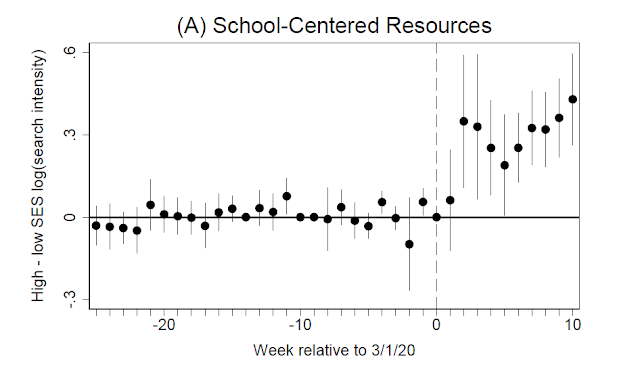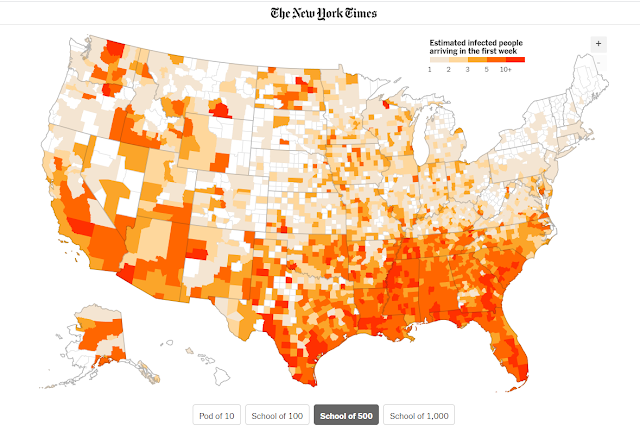"What About Us?"

Pretentious advocates of equity may sell you "school choice". Do not be fooled. As we witness a display of arrogant and wishful thinking during this week, I received yesterday a copy of a book that captures what really takes to achieve limitless possibilities. In the new book from Solution Tree , "What About Us?" , it becomes crystal clear that at the heart of a successful school is a spirit of teamwork where teachers learn from each other by humbly sharing practices based on evidence and courageously learning from their mistakes. "School choice" only encourages competition, which is simply the opposite of what is badly needed to support every learner in our classrooms. It is not competition, but collaboration that is imperative. The problems basic education face cannot be solved by one teacher in isolation, a predicament any contest dictates. The challenges we face cannot be solved by schools competing against each other for there is simply so much to lea...




